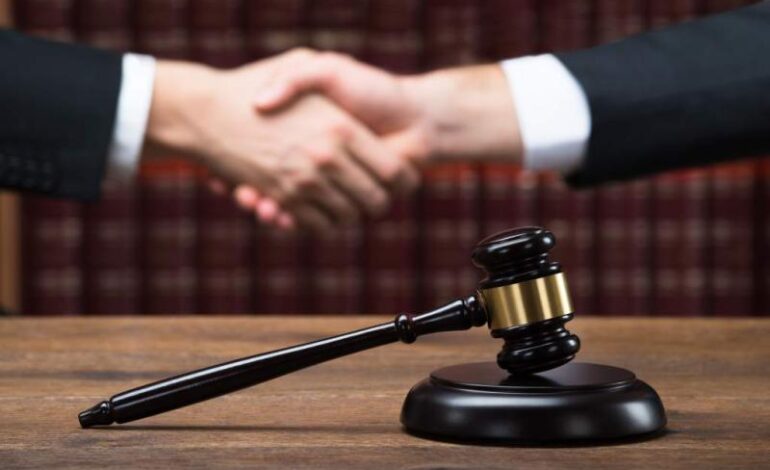Leniency agreements and obtaining benefits for companies

Leniency agreements, driven by investigations such as Operation Car Wash, are back in the spotlight again in 2023. These agreements allow offending companies to collaborate in investigations in exchange for reduced penalties. It is worth noting that the agreement does not exempt the company from fully repairing the damage caused, and that non-compliance results in a ban on new agreements. In addition, this mechanism is related to the so-called "anti-corruption law" and the Antitrust Law and offers benefits to companies that collaborate in the investigation of illegal practices.
This was the subject of an article in the newspaper O Globo, in which I was interviewed, the full text of which I'll leave below. Happy reading!

Leniency agreements can reduce companies' sentences
The offending agent, however, must assume participation in the infringement and collaborate effectively in the investigations
Because of investigations such as Operation Car Wash, some legal terms have become more popular in recent years. The leniency agreement is one of them, an expression that peaked in interest in 2017, according to Google Trends, and is in the news again in 2023.
But what does a leniency agreement consist of? It is the possibility for the offending legal entity to establish an agreement, within the administrative inquiry itself, to collaborate with the investigations.
"With the aim of obtaining valuable information that could result in the solution of many political and economic crimes, the agreement is restricted to the administrative environment," explains businessman and lawyer Maurício Ferro. "The leniency agreement is signed between the Secretariat for Economic Development, which acts on behalf of the Federal Government, and the individuals or legal entities involved in the fraudulent economic acts."
Even though the agreement aims to speed up the conclusion of criminal investigations and is interesting for the legal entity seeking to reduce its sentence, some requirements are demanded by the Brazilian courts. Mauricio Ferro cites, for example: the practice of the irregularity under investigation must be stopped from the moment the agreement is proposed; the investigated agent must admit their participation in the infraction; and the company's cooperation must be effective in the investigations with information that proves the infraction.
It is important to note that the conclusion of an agreement with the courts does not exempt the legal entity from the obligation to make full reparation for the damage caused. And if the company fails to comply with the agreement, it will be prevented from entering into a new agreement for three years.
Other applications
The leniency agreement is an institute governed by articles 16 and 17 of Law 12.846, of August 1, 2013. This law, known as the "anti-corruption law", entered the legal system to regulate the administrative and civil liability of legal entities for acts against the public administration, whether national or foreign.
It also collaborates with the Antitrust Law (Law 12.529/11), a legal device that establishes conditions for the prevention and repression of a series of infractions against the economic order in Brazil, including the formation of trusts, cartels or monopolies.
"In short, these are deals with CADE that allow companies and/or individuals involved in a cartel or other collective anti-competitive practice to obtain benefits if they cooperate with the investigation of such illicit practices, confessing to the illicit practices, presenting evidence and ratting out their accomplices," says Ferro, explaining that these benefits can be granted in both the administrative and criminal spheres.


